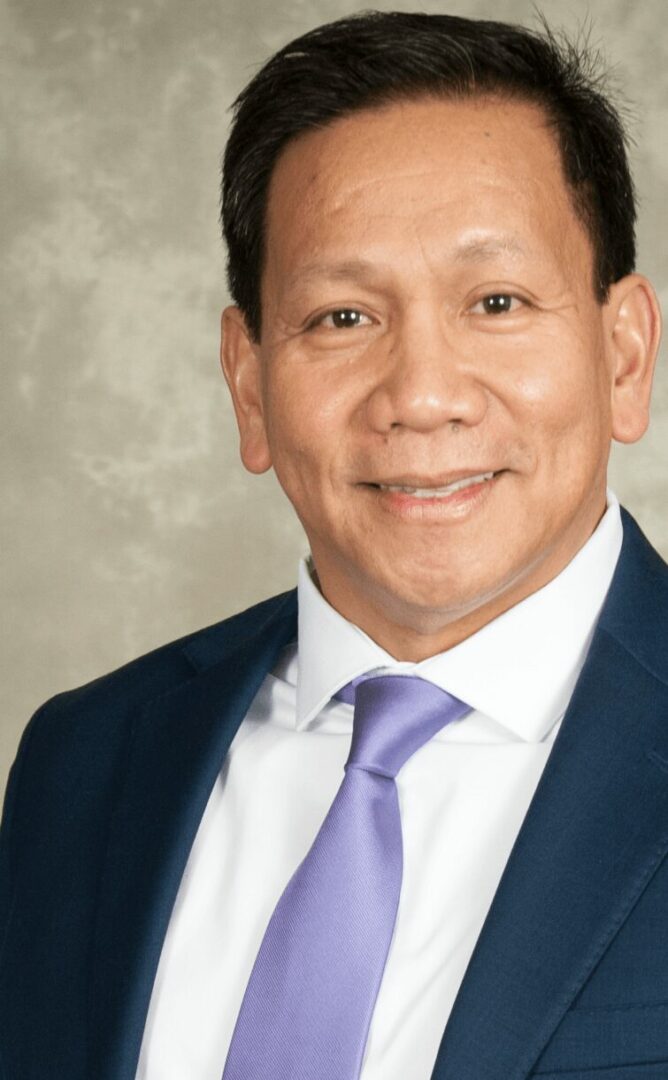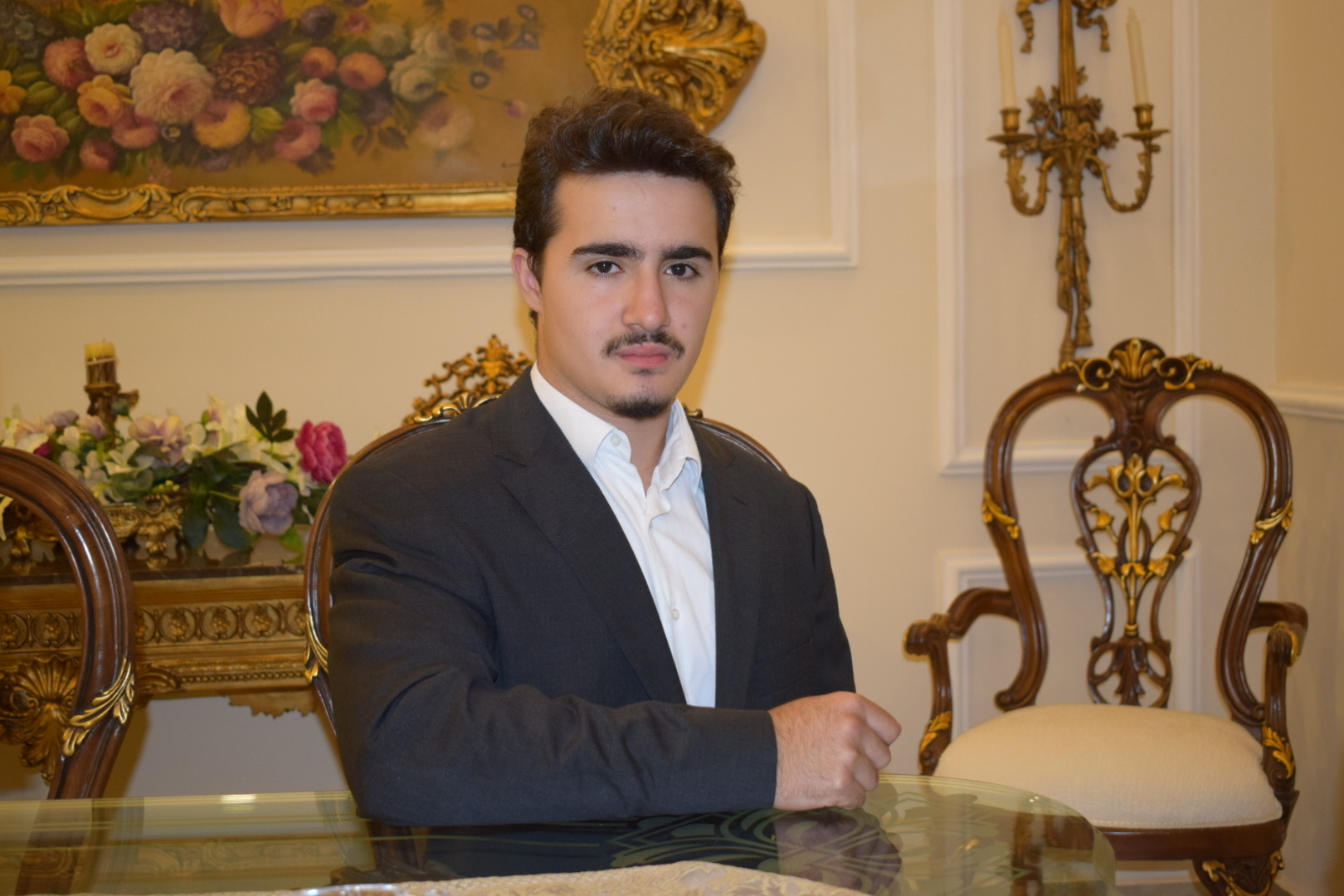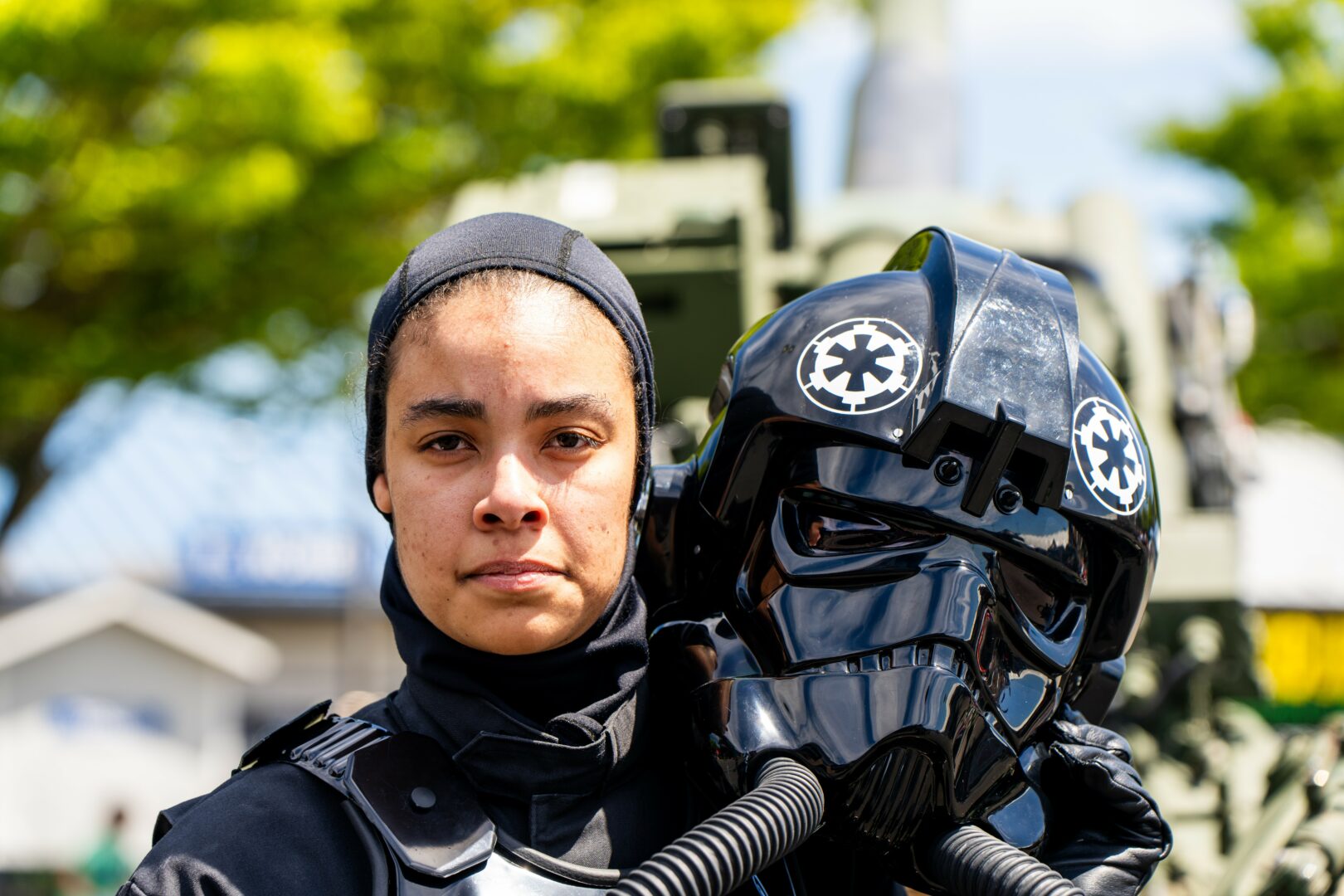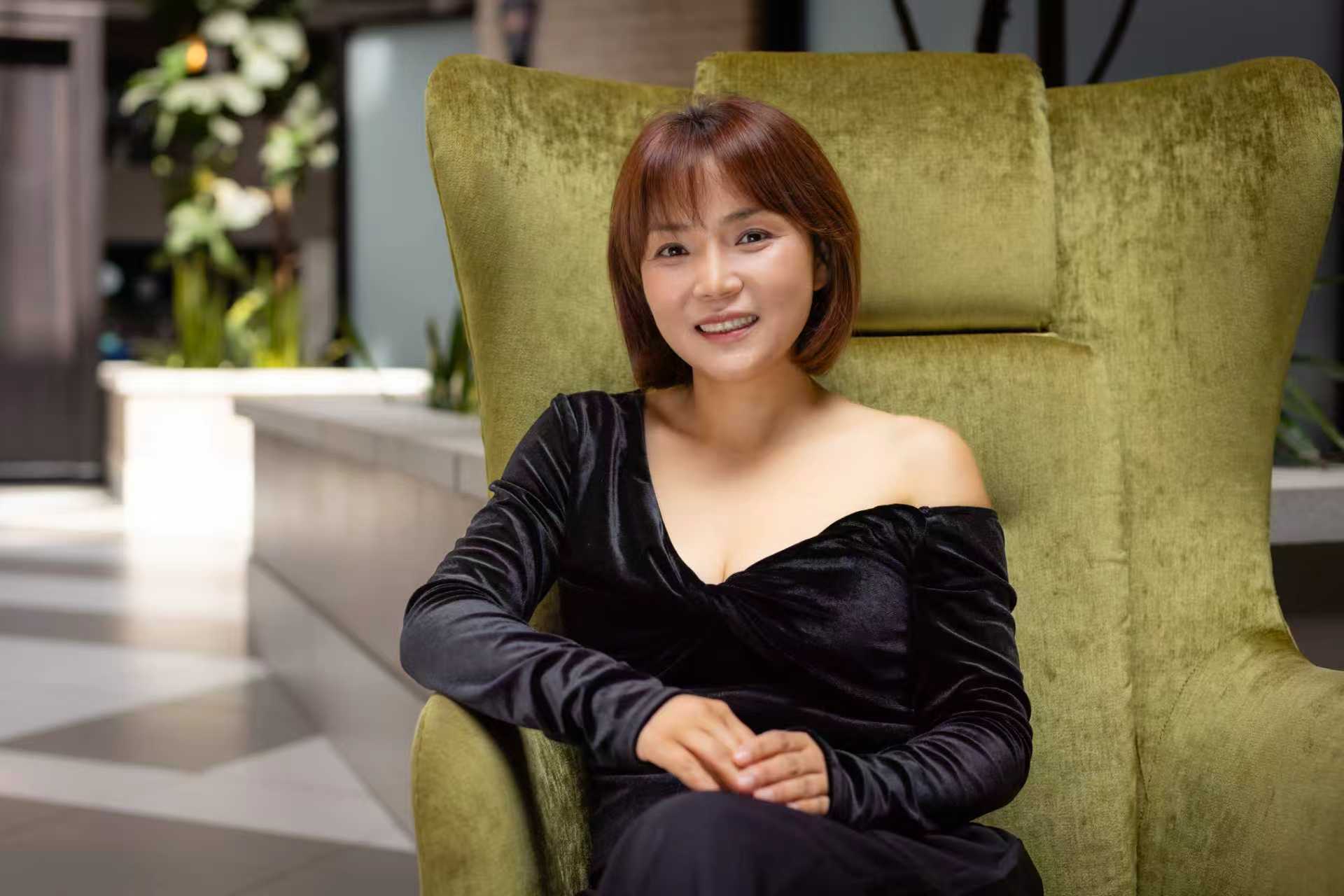Alright – so today we’ve got the honor of introducing you to Leonard Casiple. We think you’ll enjoy our conversation, we’ve shared it below.
Leonard, so great to have you with us and we want to jump right into a really important question. In recent years, it’s become so clear that we’re living through a time where so many folks are lacking self-confidence and self-esteem. So, we’d love to hear about your journey and how you developed your self-confidence and self-esteem.
Due to unaddressed childhood trauma, I had zero self-confidence. Despite having a terrific work ethic, I always felt that I was not good enough. Self-esteem was foreign to me. As a result, I often sabotaged my thinking. Instead of “showing up”, I isolated, hid, and displayed the diminutive version of myself.
I. I was internally weak, but tried to appear strong.
I was afraid of heights, of the dark, and of being alone. To compensate for my deepest fears, I used nice clothes, vehicles, and titles to compensate. But no amount of superficial, skin-deep remedy worked. I still it “played safe” and felt empty inside.
II. I needed a challenge.
My soul longed for meaning. I did not know how to articulate it then, but I needed to test myself through a “rite of passage” that would reveal parts of my soul. I learned that I must first address what was “missing from the inside.” Today, I realize that possessions or external validation cannot not measure up to “self worth.”
III. Fear of heights.
I am terrified of heights. After two years in the Army, I volunteered for Airborne School to learn to jump out of airplanes. I faced obstacles because my unit was not an Airborne unit. However, after a few months of negotiations, I finally convinced my leaders that the Army would benefit by allowing me to jump out of airplanes. In May 1992, I completed Jump School. I finally overcame my fear of heights.
I learned that I can become courageous by facing my fears. If I run from fear, it will keep chasing me to the point of exhaustion. I must turn around and face fear, stare at it, recognize that fear is from ego and not from love, and to move towards my goals in spite of it.
IV. Fear of the dark.
Culturally, I was taught to be afraid of the dark. So, I applied to attend the 21-day Special Forces Assessment and Selection Course (SFAS). To be selected, a candidate has to pass many tests, including a series of individual day and night land navigation courses. We could not use roads to move from point to point. We could not use a flashlight. Seeking assistance, unless in an emergency, was forbidden.
I learned that darkness, in a literal and symbolic sense, can be a source of strength. By facing my fear of the dark, my courage shines brightly even during the darkest days.
V. Working through painful days.
During my first attempt at Special Forces, I injured my left hip before the halfway point of the 21-day course. I could not lift my left leg. So during the rest of the course, including the 12-mile and 24-mile road marches (while carrying a 50-pound backpack), I had to drag my left hip or walked backwards. I always came in last. But, I did not quit. During my second attempt, I failed again. I was laughed at by people in my unit. But, I did not feel ashamed because I gave it my all; I did not hold back.
In 1997, I tried out for the 3rd time. I finished in the top 5% of most events. We started with over 400 candidates and graduated with around 80 personnel. I advanced into the Qualification Course and in 1998, I earned the Green Beret and the Special Forces Engineer Sergeant certification. A few years later, in 2004, I placed 1st of 157 in an 18-hour endurance event; it was sort of redemption from all my failures.
I learned that physical pain is temporary. However, the pain of regret, the pain of quitting, is permanent.
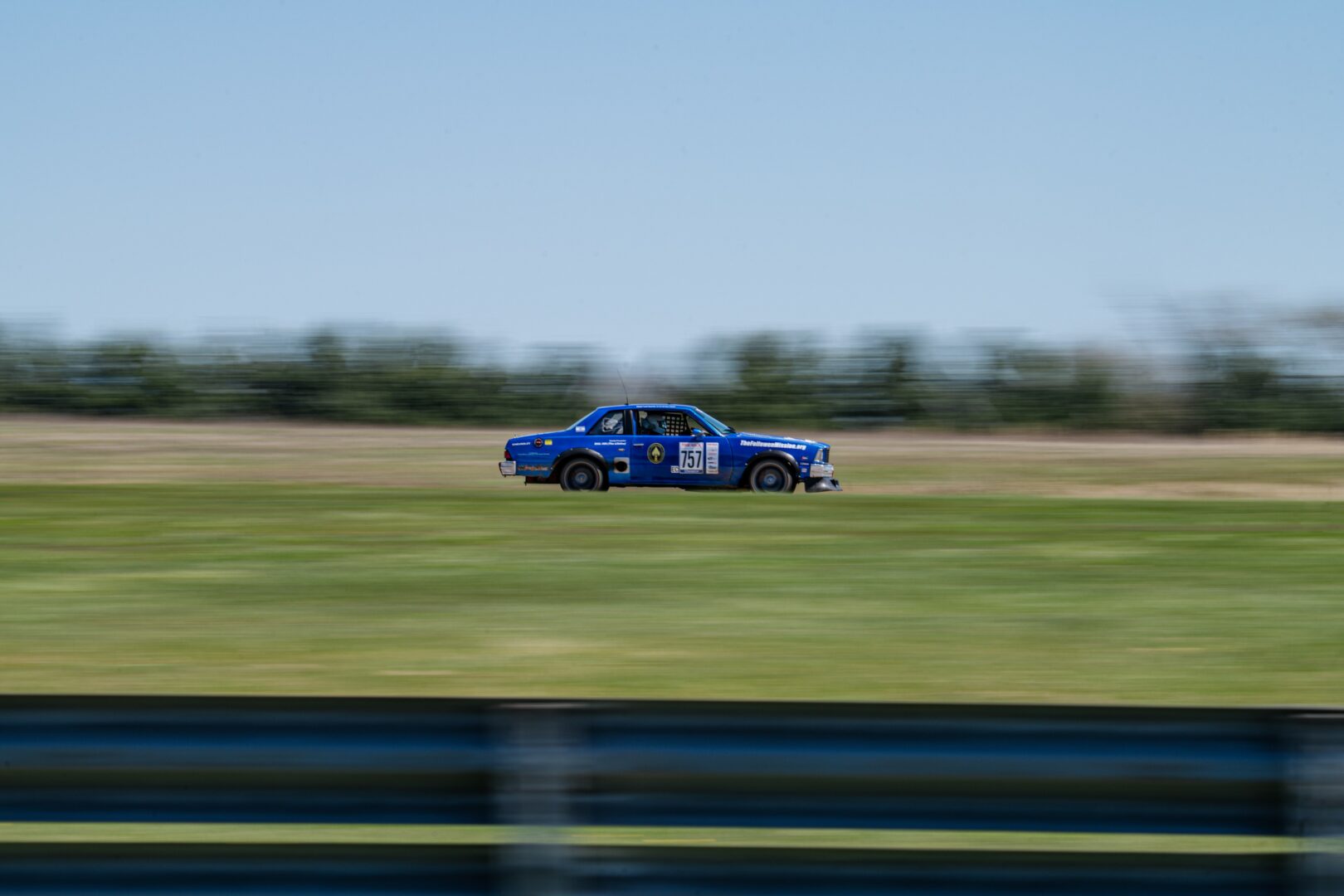
Great, so let’s take a few minutes and cover your story. What should folks know about you and what you do?
What I Am: After taking a personality profile test, I found that my top trait is “learner.” I love to learn.
What I Do:
My brand is centered on analysis and programs that require “learning.” By adding more data to my knowledge base, I solve problems more comprehensively.
I then share my learning with my customers to help them see around corners.
Authenticity:
By doing what I love, I show up as myself, and not a different version. I know what I can do. I also know my limitations. By letting others know the true version of myself, I come across as credible, responsible, and accountable. By being authentic, I do not have a need to fit in. By staying true to myself, my tribe, my clients, will find me.
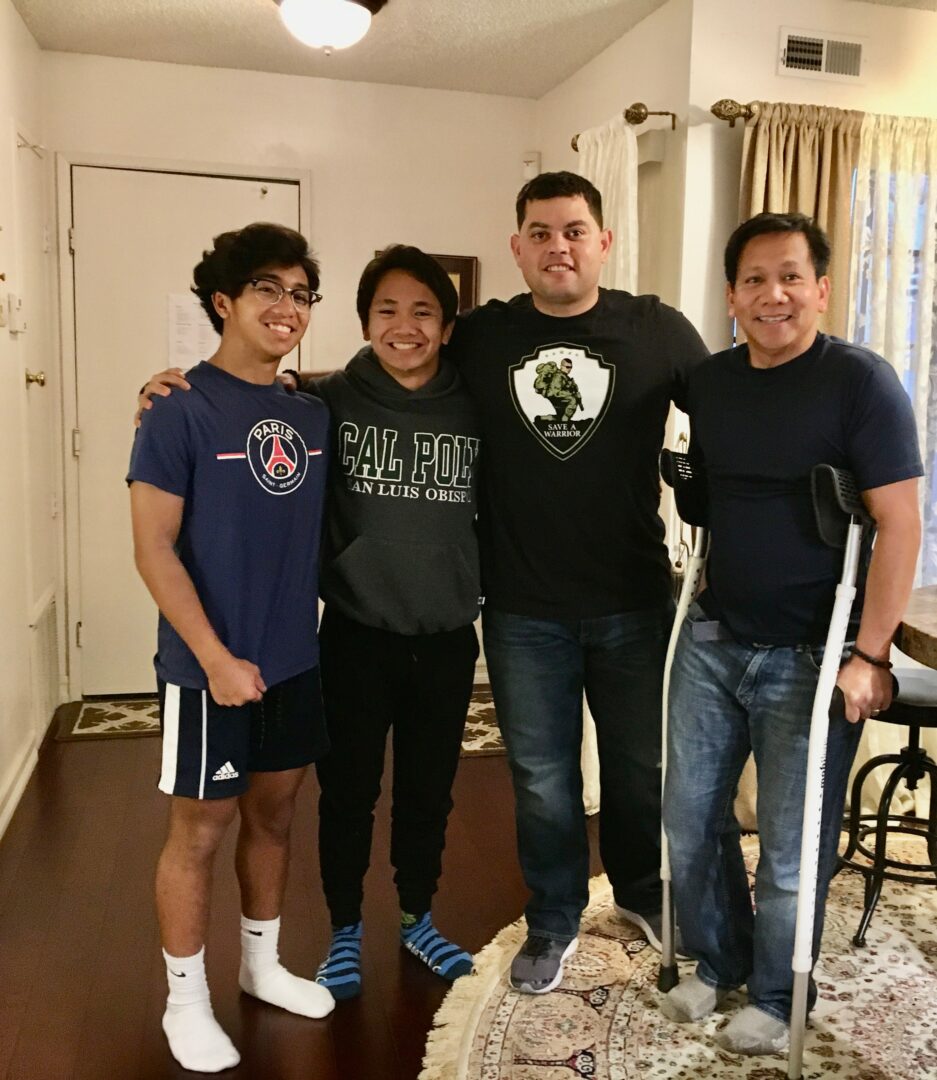
There is so much advice out there about all the different skills and qualities folks need to develop in order to succeed in today’s highly competitive environment and often it can feel overwhelming. So, if we had to break it down to just the three that matter most, which three skills or qualities would you focus on?
In my view, we all have amazing qualities and skills that, although not used all the time, enhance success. To me, success is achieved by taking small meaningful steps on a daily basis.
I. Measure in increments.
When I wanted to quit, I kept going by dissecting goals into small elements. For instance, while in Special Forces Selection, I measured success in steps. During long movements with a 50-pound rucksack on my back and when fully rested, I measured success from tree to tree, If I began to get tired, I counted my steps to 100. If too tired to count to 100, I counted to 10, then I repeated the process. By the time I knew it, I finished in the top 5% of the 21-day assessment course.
In my doctoral program where sometimes the weekly reading assignments can be more than 500 pages, I also measure in increments. If I can’t read the entire book, I read one chapter. If I am too tired to read a chapter, I read a page. If I can’t read a page, I read a paragraph. By the time I look up, I am already way ahead of schedule.
I am in the government contracting space where the sales process is long – sometimes taking years to manifest. I have a strategic, long-term goal. But, as I build my brand, I measure success by every single meaningful connection, every training course, and networking event. By measuring in micro steps, I am building a strong foundation based on a tight latticework of trusted partners.
II. Ask for help.
It took me a long time to learn to ask for assistance. As an adult, I somehow thought that I should make it on my own, without any help. I finally realized that my unresolved trauma created an “oversized ego” that did not trust the world, and therefore refused help. I thought that the world was against me. When I finally took the steps to realease my childhood trauma, I realized that the world can be trusted, and that most people are kind and loving.
In business, I learned to ask for mentorship. For instance, I attended the Texas A&M Entrepreneurship Bootcamp for Veterans (EBV) where they pushed me beyond my comfort zone. Through CalTrans Mentor-Portegé program, I am being mentored by four (4) leaders of a 67,000-employee international corporation with $11B in annual revenues. I am learning a lot because I became vulnerable enough to ask for help.
III. Believe in yourself.
For many years, I did not believe in my self. Despite earning awards, accolades, and other recognition, I felt that I never deserved them, or that others should have been recognized, not me. I finally realized that those thoughts were the result of “ego” (fear-based thoughts and actions) that wanted to keep me in the same self-loathing, self-hating cycle.
Once I healed from my trauma, I finally accepted that I deserve love and all the manifestations of success. Because I started believing in myself, the following has happened:
A. Faced my fear of heights of learned to jump out of airplanes.
B. Realized my childhood of driving a professional race car in an 8-hour endurance race.
C. Overcame my shame as a high school drop out by earning multiple degrees. Today, I am in my final year of the Doctor of Law and Policy program at Northeastern University.
D. Overcame my fear of speaking in a crowd by reaching the halfway point of the 2022 Toastmasters International Speech Contest.
E. Built a business from scratch, from the ground up, that in the future will become an international company.
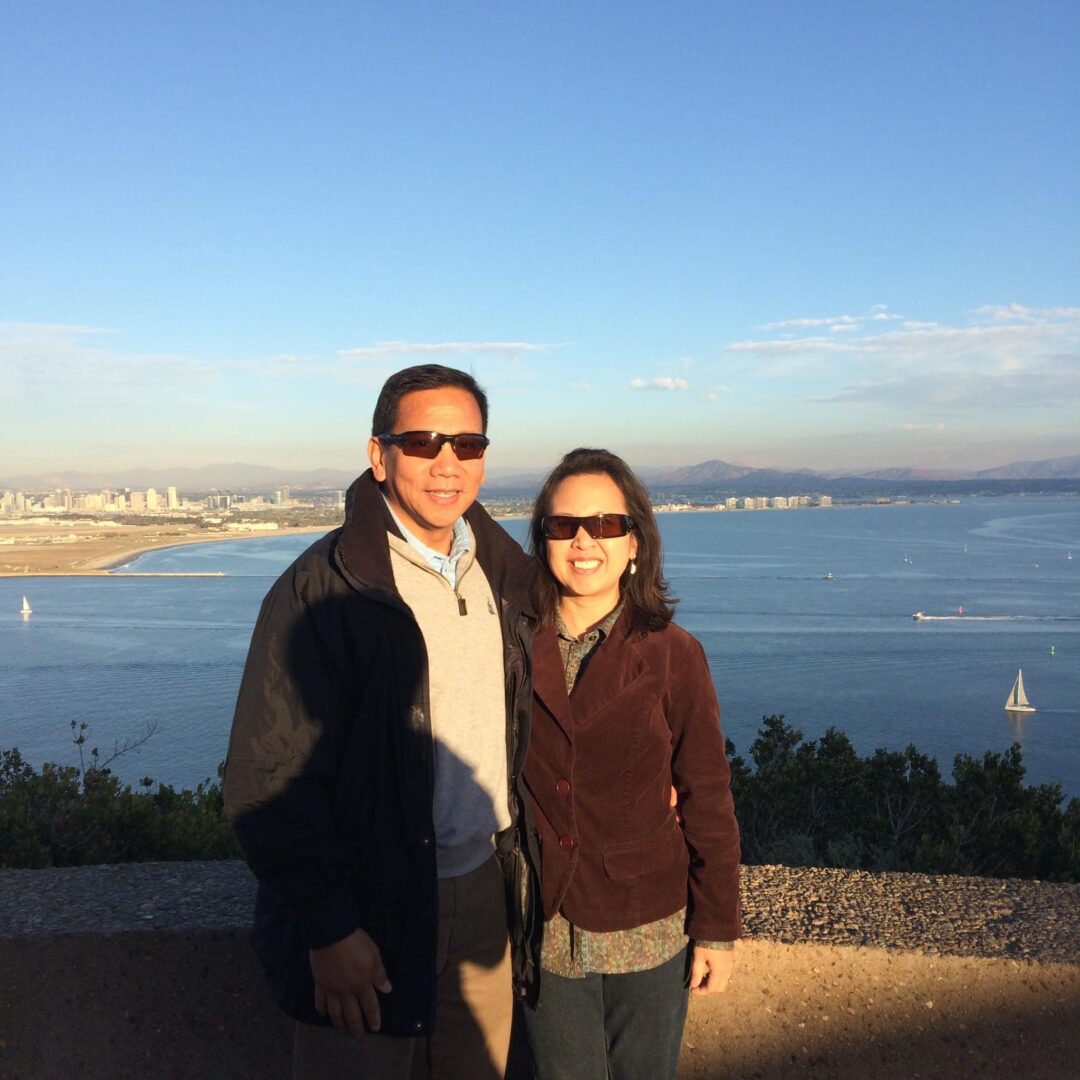
As we end our chat, is there a book you can leave people with that’s been meaningful to you and your development?
I love books. I collect them and cherish the lessons that I learn from them. When I was a soldier, I often had to work in teams and network with foreign partners after duty hours. I wanted to be alone at the end of the day, but I could not explain why. On weekends, I would travel alone, run alone, or ride my mountain bike alone. My friends would ask me to join them on group rides, but I did not enjoy being in a crowd when I was off from work. I did not know why I wanted to be alone at the end of the day, or on weekends.
I thought that something was wrong with me. So, I took the Myers-Brigg Type Indicator test. I found out that I am an INTJ (Introverted, Intuitive, Thinking, and Judging), one of the rarest personality types (only 2.1% of the population). I finally found the reason why I love being alone, and why I think deeply about issues.
In addition to the personality tests, I learned a lot from the following books:
A. “Quiet: The Power of Introverts in a World that Can’t Stop Talking”, by Susan Cain. I learned that it’s perfectly okay to find quiet time for myself. Quiet periods help me recharge.
B. “The Highly Sensitive Person: How to Thrive When the World Overwhelms You”, by Dr. Elaine Aron. From this book, I finally understood why I was always in deep thought, and why I never liked superficial conversations.
C. “Driven: Understanding and Harnessing the Genetic Gifts Shared by Entrepreneurs, Navy SEALS, Pro Athletes, and Maybe You”, by Dr. Douglas Brackman and Randy Kelley. I finally understood that my drive came from my hunter DNA (DRD2 and DRD4), two types found in only 10% of the population. I am no longer worried about being called hyperactive. This is how I am built. I am built for hunting, finding new knowledge.
As a result of the books, I became comfortable in my own skin. I learned to appreciate my analytic mind. During the last few years, I challenged ideas by Aristotle, proposed changes to public policy frameworks created in Harvard, and created new paradigms that help my fellow human beings.
To me, books are like mentors and coaches. The lessons that I learn from them help me to self-actualize into the best version of myself.
Contact Info:
- Website: https://publicvalue.space
- Facebook: https://www.facebook.com/leo.casiple.58
- Linkedin: https://www.linkedin.com/in/leonardcasiple/
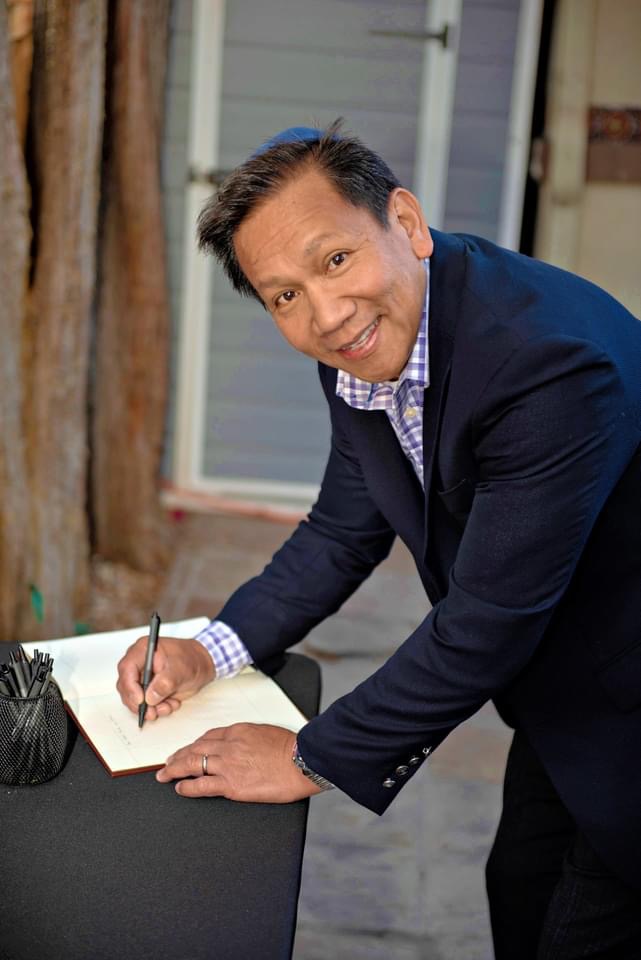
Image Credits
Image Credits: Tom Beers, YB & NB, Chabad of Chula Vista, and The Follow On Mission.

